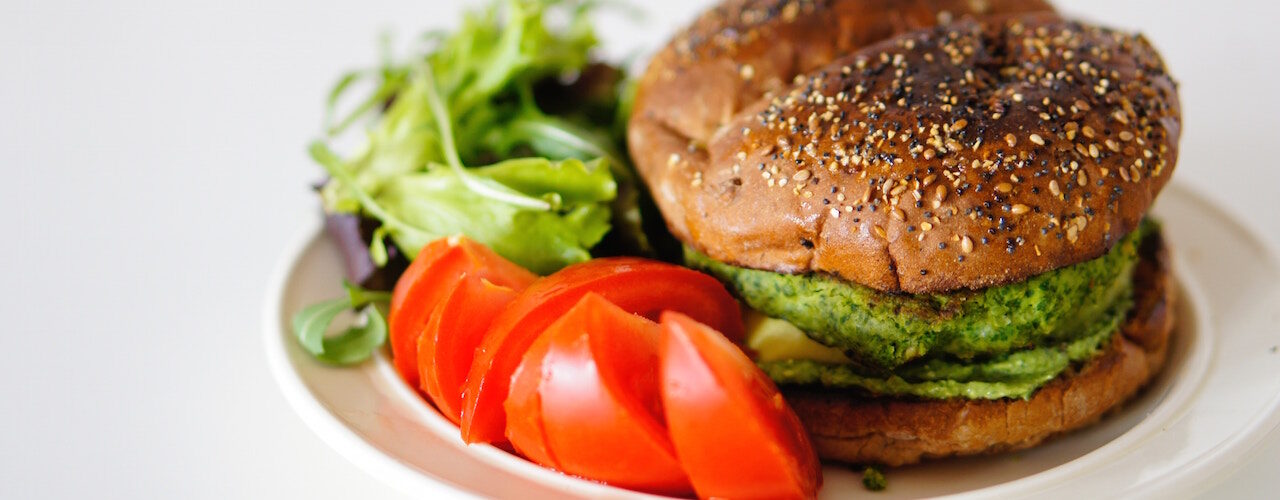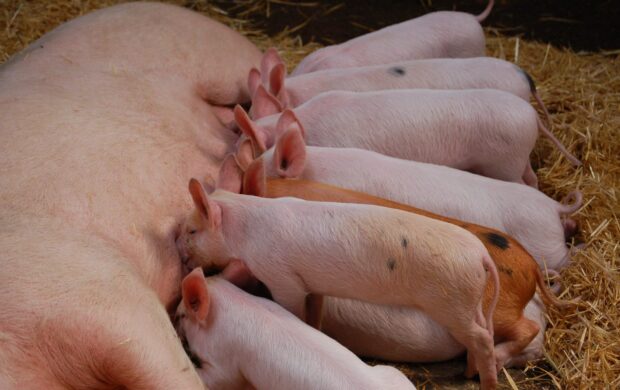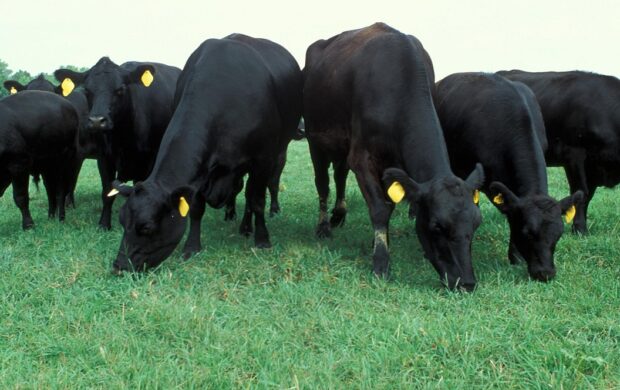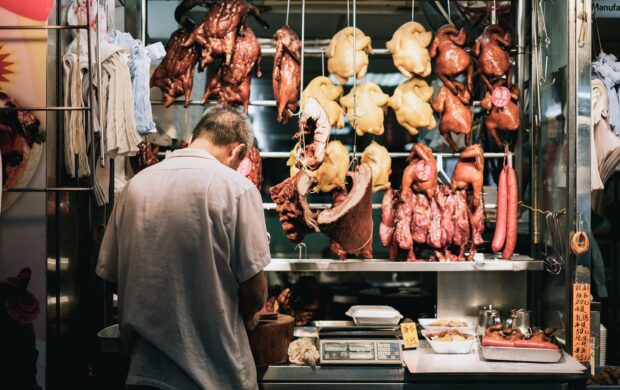The EU parliament’s agriculture committee approved a ban on product names for vegetarian and vegan products usually deployed to describe meat. Those include terms such as steak, sausage, escalope, burger and hamburger. The decision of the committee is not binding yet, it still has a long way to go. The full European Parliament will need to vote on it after the election in May 2019 before the proposal is put to the European Member States and the European Commission. According to MEPs the objective of the ban to limit the use of those terms “exclusively for edible parts of the animals” is clarification in the food industry in the best interest for the consumer. This decision follows a ruling of the European court of justice in 2017, stating that dairy terms should only be used for animal products.












